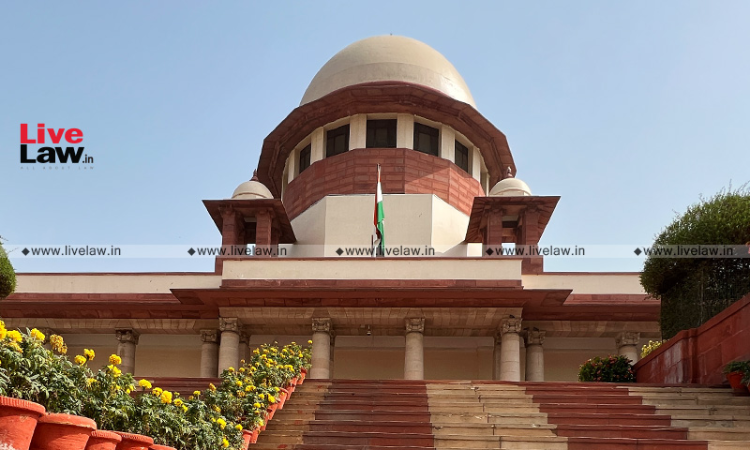The Supreme Court, on Monday, dismissed a plea assailing the direction of the Delhi High Court to form a District Judge-led Committee to monitor the condition of women at Adhyatmik Vidyalaya, alleged to have been housed in "animal like" condition. The said spiritual ashram situated in Rohini is led by absconding self-styled godman Virendra Dev Dixit. Refusing to interfere with...

